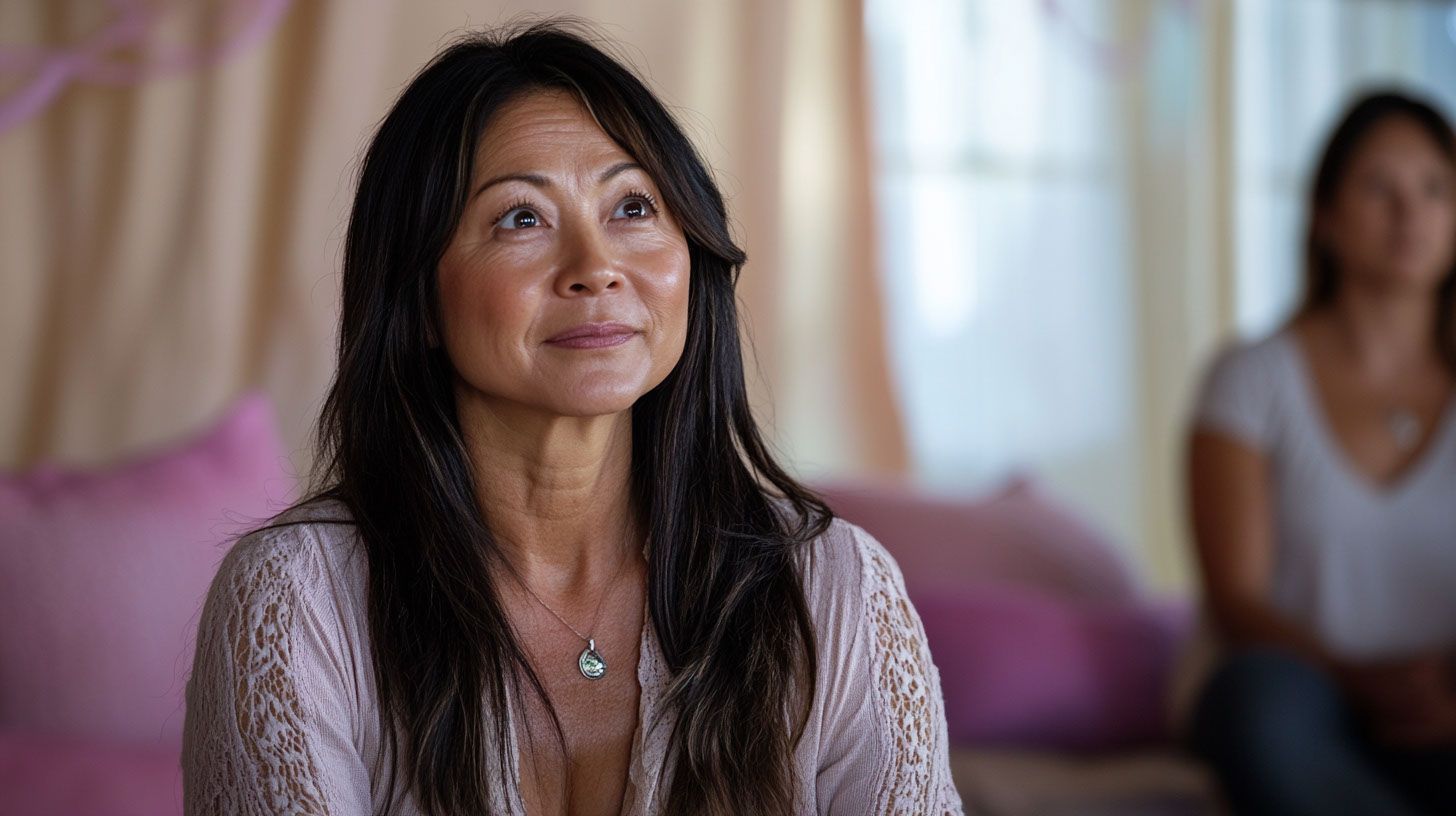Does A Therapist's Gender Matter?
Some clients have strong preferences, but other factors matter more than gender in creating a good therapeutic alliance.

When "Dave", 35, first sought help for the depression that has plagued him for years, he felt instinctively that the most effective therapist for him would be a woman.
A childhood spent in all boys schools had left Dave with a sense of competitiveness around other men, a desire to prove himself. “There's a sizing up that guys do with one another that I felt I wouldn't be able to let go of, even in a therapeutic space”, he says. “I’ve always felt more at ease opening up with women.”
Dave's gut preference is far from unusual. While plenty of people who seek therapy don't give much thought to a prospective clinicians gender, to others it matters deeply. Should people have these preferences, or disregard them? Here's what clinicians advice.
What Makes for a Good Therapy
Therapist – old or young, male or female, psychodynamic or cognitive behavioral – generally agree; the strongest predictor of whether therapy helps someone is not the therapist’s gender, nor the client’s. It's the connection that therapist and client client create – the therapeutic alliance – that is built on empathy, acceptance, and mutual respect. “These are qualities that go beyond gender”, observes Santiago Delboy, a clinical social worker in Chicago.
Decades of research bear this out. One meta-– analysis of 295 studies, examining more than 30,000 clients in total, found that a strong therapeutic alliance was robustly associated with the best treatment outcomes. The alliance was measured via statements like “My therapist and I respect each other” and “I feel I am working together with a therapist in a joint effort”. The effect held regardless of the therapeutic modality, patient characteristics, or location. Nor did it matter whether therapy was conducted online or in-person.
When research directly examines the link between gender and therapy outcomes, by contrast, the results are more mixed. Some studies show small boosts in symptom reduction when therapist and client are gender – matched; others do not. One study of 500,000 US veterans found that therapy retention rates were higher for women who saw a female therapist than for men who saw a male therapist – but this may have been due to women being more likely to stick with therapy in general.
To some degree, the question is moot. The field of psychotherapy itself is marked by a significant gender skew. Upwards of 70% of therapist today are women; some clients have diminishing choice in the matter.
What Shapes a Gender Preference
It's not known how many people search for therapists with a specific gender in mind. In one study of more than 2,000 men, reported in Counseling Psychology Quarterly, the majority (60 percent) had no preference as to their therapist gender; of the rest, just as many preferred male as female therapists. Some studies suggest that women are more likely than men to state a preference and tend to prefer female therapist, but by a small margin.
What shapes preferences is highly individualistic, but there are some common influences. Trauma is one, says Lantie Jordanby, a psychiatrist in Jacksonville specializing in addiction: “Many women who have been traumatized have been traumatized by men – not all, but a large portion.”
Conversely, men who have been traumatized may find it especially challenging to confide in a female therapist out of fear of looking weak. “When I worked in a VA setting, a lot of male veterans didn't want to talk to me about their time in the theater of war”, recalls Jordanby; they assume she couldn't understand. Only a therapist who has shared essential aspects of their experience could comprehend what they had been through.
All manner of past experiences can inform a person’s therapeutic preferences, and while this is understandable, those seeking a clinician should be aware that they might be limiting their search for reasons that will prove unfounded. A good clinician understands but defies gender –-based stereotypes.
A man who has a history of clamming up with his female partners may view talking to another man as less daunting; a woman who has a tumultuous relationship with her mother might anticipate that the same unhealthy dynamic would develop with a female therapist. Similarly, a woman may think, “I don't want a male therapist if I'm dealing with issues related to being a new mom”. A man who tends toward stoicism might assume that female therapist will be “touchy-feely”, or that male ones will be action – oriented. But the stereotypes, Delboy warns, can interfere with finding a therapist who is the right fit.
How to Find the Right Therapist
“Sometimes gender preferences are worth listening to”, Delboy says. Indeed, the Counseling Psychology Quarterly study found that the men who saw a therapist of their preferred gender tended to report better outcomes than those who didn't.
Trauma treatment may warrant some gender specificity, too. Jordanby finds that women who have been traumatized often feel much more comfortable seeing a female therapist, facilitating a better bond. Some research finds too, that the gender-diverse can be hesitant to broach gender related issues with cisgender therapist, even if they like them, and may feel more secure with the gender-diverse one.
Yet in many other cases, preferences are worth challenging – especially those rooted in stereotype. That's not because there's never any truth in them, says Elizabeth Heaney, a counselor in Ashville, North Carolina. It's because good therapist are flexible, always adapting their approach to the needs of each person they see; “Oh, this person comes on super strong and direct; I had a better match that. This person is hesitant, a bit shy; I need to dial it down”. Competent therapist are skilled at such attunement. Fears of a female therapist being “too emotional” with I asked stoic male, for example, are often unfounded.
Finding a therapist one gels with can take a little work; Dave saw seven or eight before he met one with whom he felt he clicked. But there are some consequential signals to look for in a first meeting that can help speed the process, Heaney says. Do you feel seen and heard? Do they pick up on subtleties? Are they responsive and engaged? Perhaps most important; do they add pieces to your understanding? A good therapist of any gender will help clients connect the dots and pull them toward greater self knowledge, she explains, not just let them ramble.
Dave still suspects that he'd be less forthcoming with a male provider. But the bond he shares with his therapist – a female psycho analyst a few years his senior – goes beyond gender. “I started by assessing demographics, but it ultimately boils down to who was the best able to guide me through my life”, he says.
How To Cultivate Hope



